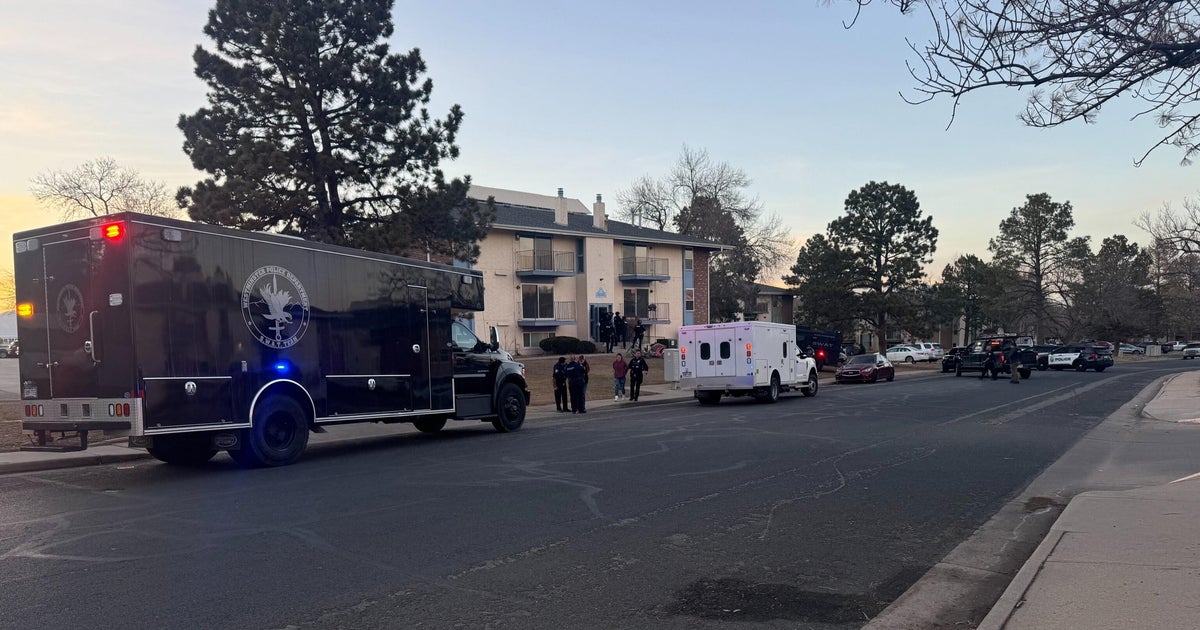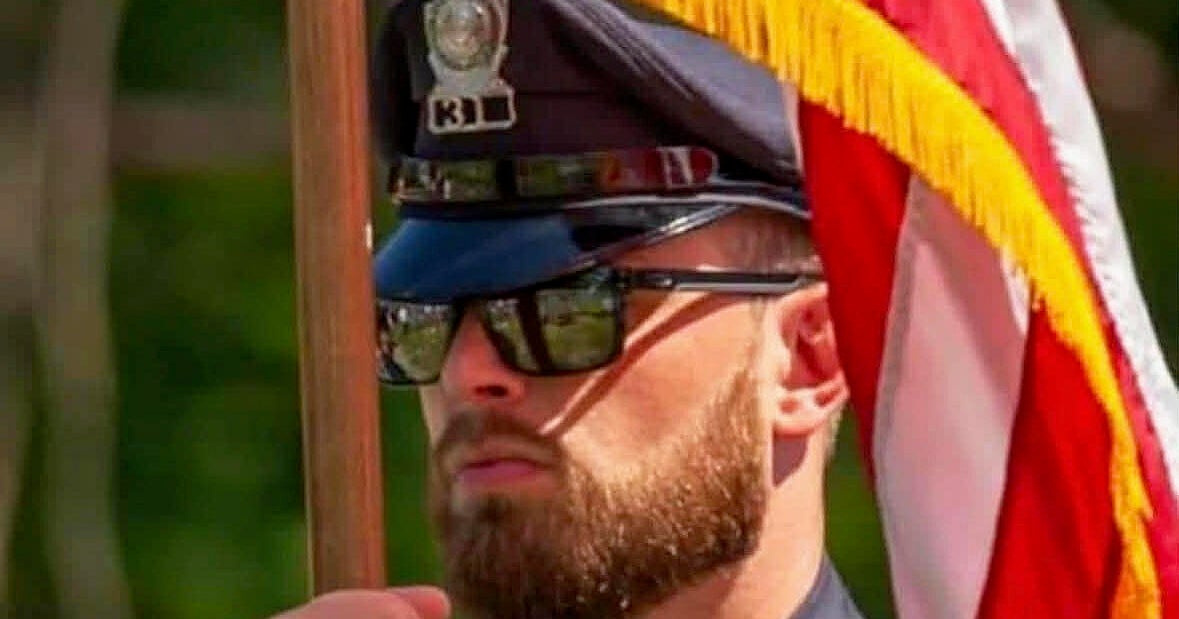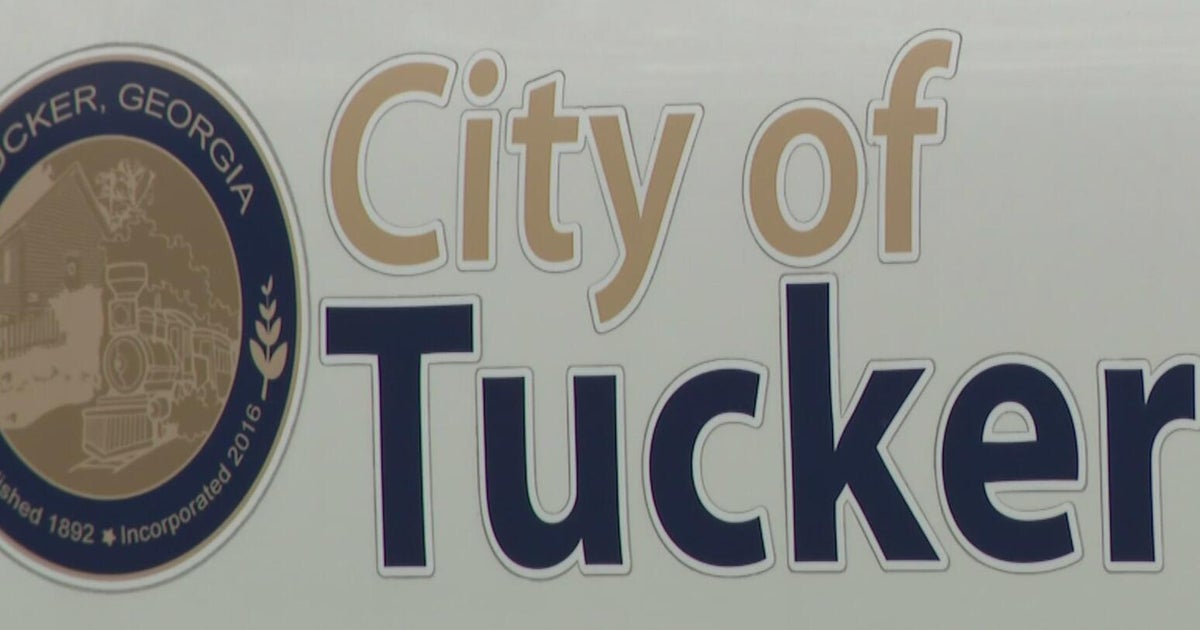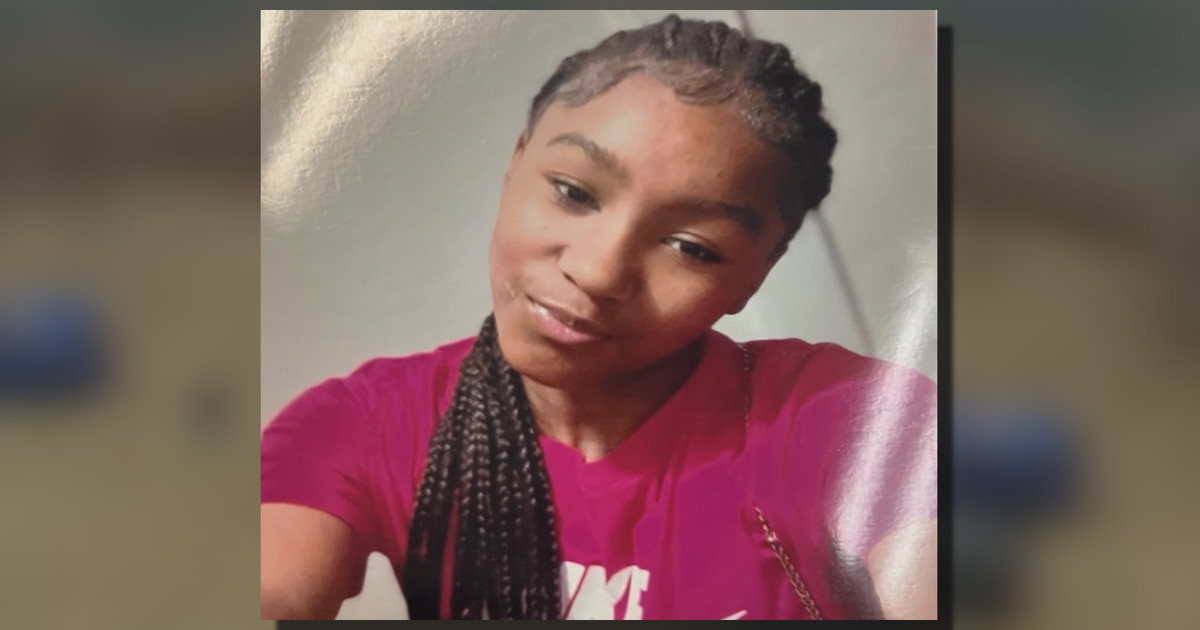Retired CPD Officer Speaks Out About Department's High Suicide Rate and Mental Health
CHICAGO (CBS) -- As the Chicago Police Department mourns another officer who took his life, a reitred CPD officer with more than 20 years on the force is speaking candidly about mental health and the high suicide rate within the department.
Retired Officer Ron Rufo fought back tears at times while talking about the problems officers face and the trouble some of them have seeking counseling.
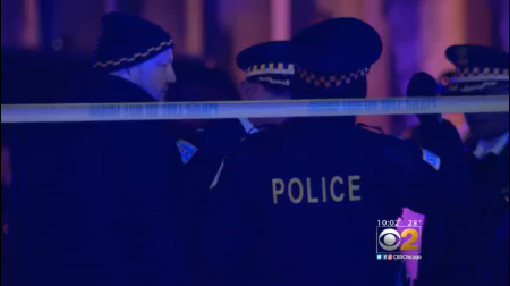
He thinks the department needs to find a way to make them all understand it's OK to ask for help.
"I get emotional with this," he said.
It's hard for retired Rufo to talk about some of the officers he counseled as a CPD peer support team member for more than two decades. All of them made a call that likely saved their lives.
"Reaching out for help and somebody to help them with their issues they may have," Rufo said.
But what weighs on Rufo the most is the officers who don't reach out and end up taking their lives.
"They've lost all hope not seeing that light at the end of the tunnel," he said. "We have over 300 peer support team members but rarely do we get called out as much as we should, that stigma of being a tough person, being strong, and never being the weak link. Would you want to work with a partner that seeking counseling?"
Rufo even wrote the book "Police Suicide: Is Police Culture Killing Our Officers?"
"I just felt like there was that elephant in the room, nobody wanted to talk about it," he said.
Rufo says for some officers the long hours, pressures and demands of the job combined with what they see and do on a daily basis can be too much to process.
"You got a lot of cameras on you," he said. "You've got a lot more people judging you with everything that you do. It's difficult because a lot of officers keep their emotions to themselves. They don't share."
And Rufo says sometimes that can lead to relationship issues and other problems, which become overwhelming. Add to that easy access to a firearm, and it can be a deadly combination.
"A lot of it may have to do with drinking as well," he said. "Sometimes alcohol might be involved, which is a depressant, and then you have your weapon on your side. It's so easy. It's so quick it takes its toll right then and there."
With five officer suicides in 2018 and another on new year's day this year, Rufo hopes the department will step up to help those who might find themselves in similar situations.
"We need to have more classes about emotional wellness," he said.
Until that happens, Rufo has a simple, but powerful message for all officers: "It's OK to get help. It really is."
Rufo also wants officers to remember they can seek that help anonymously. Currently CPD has five counselors, but a spokesperson says they plan to add five more soon. That's in addition to members of the clergy that officers can also reach out to.


